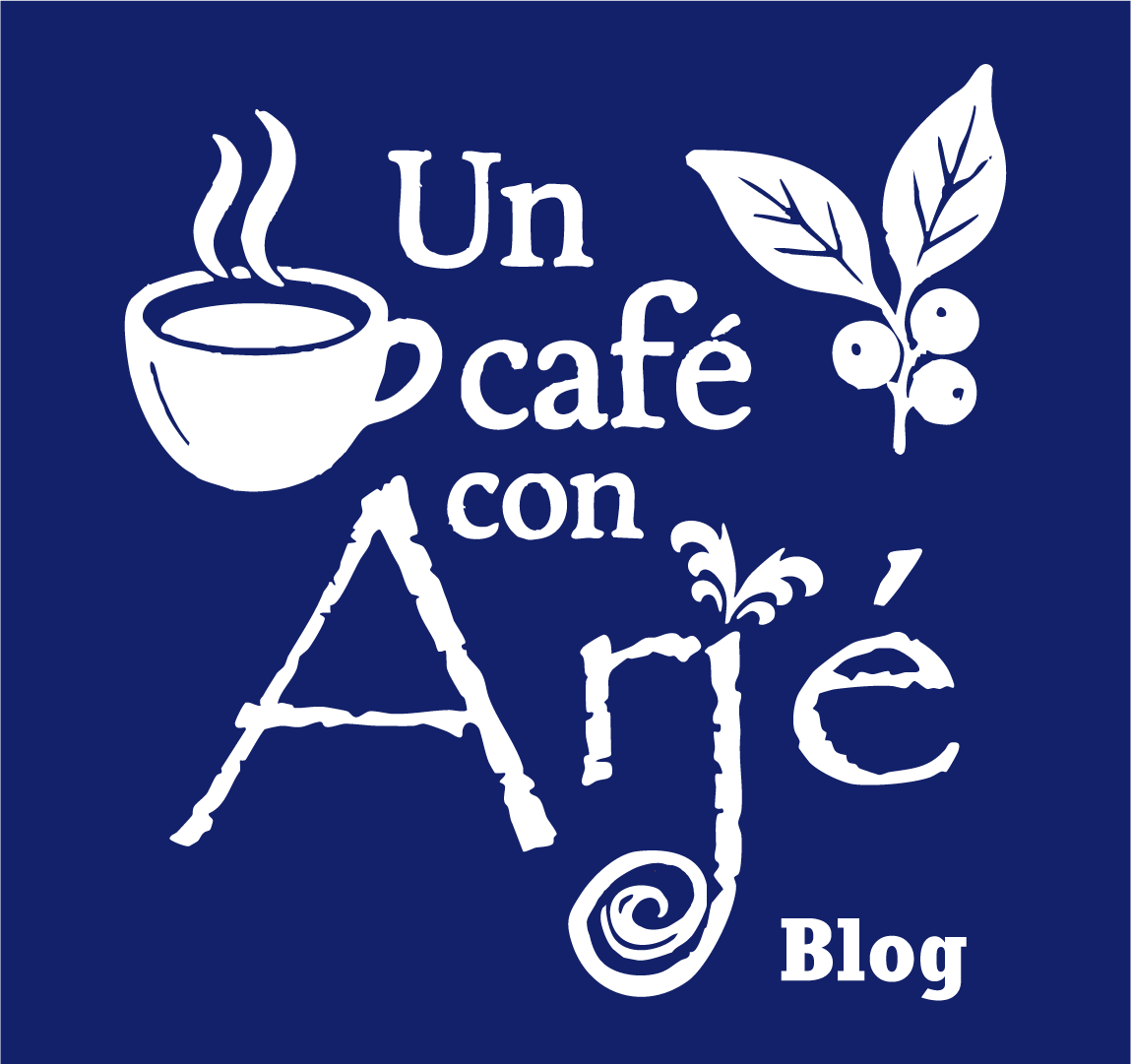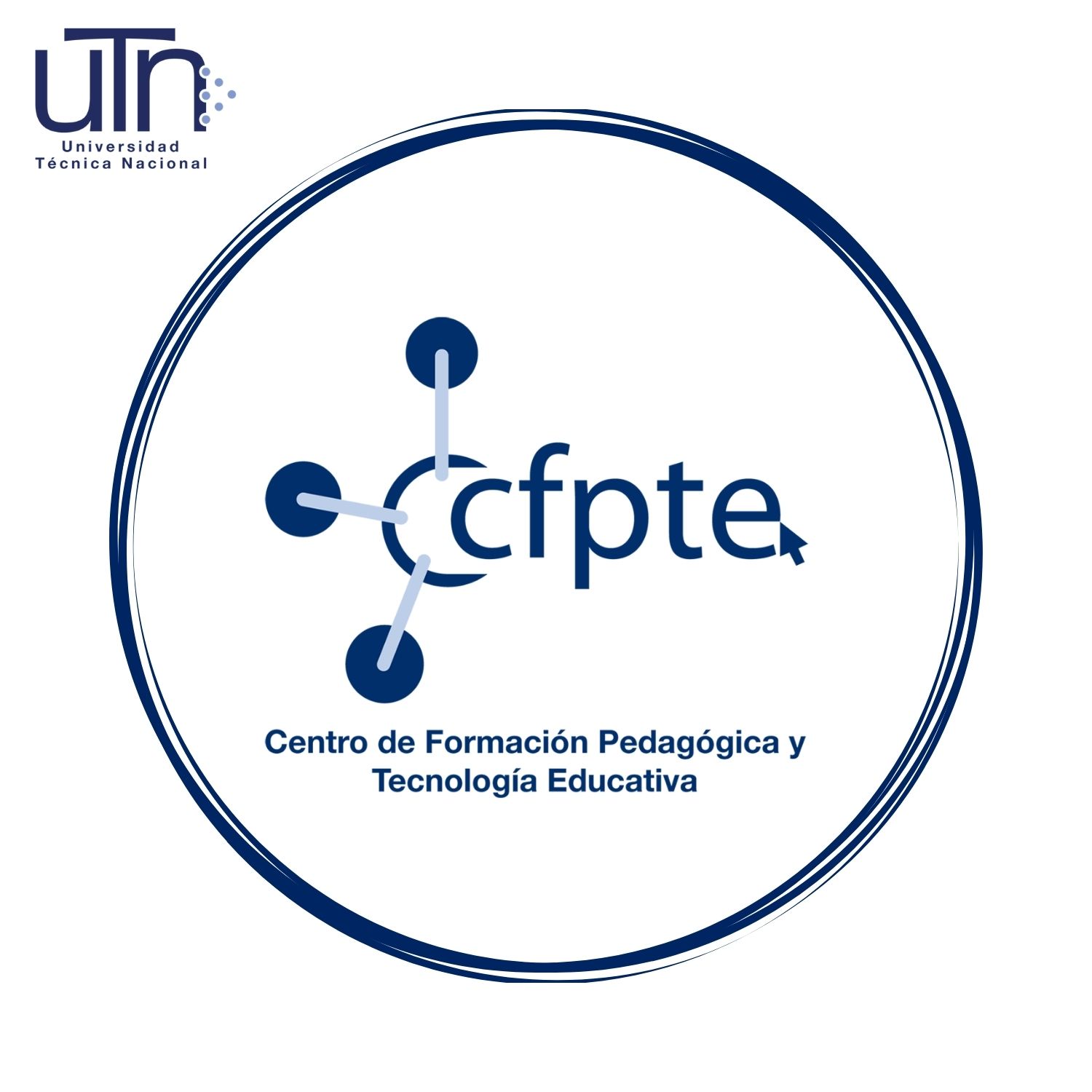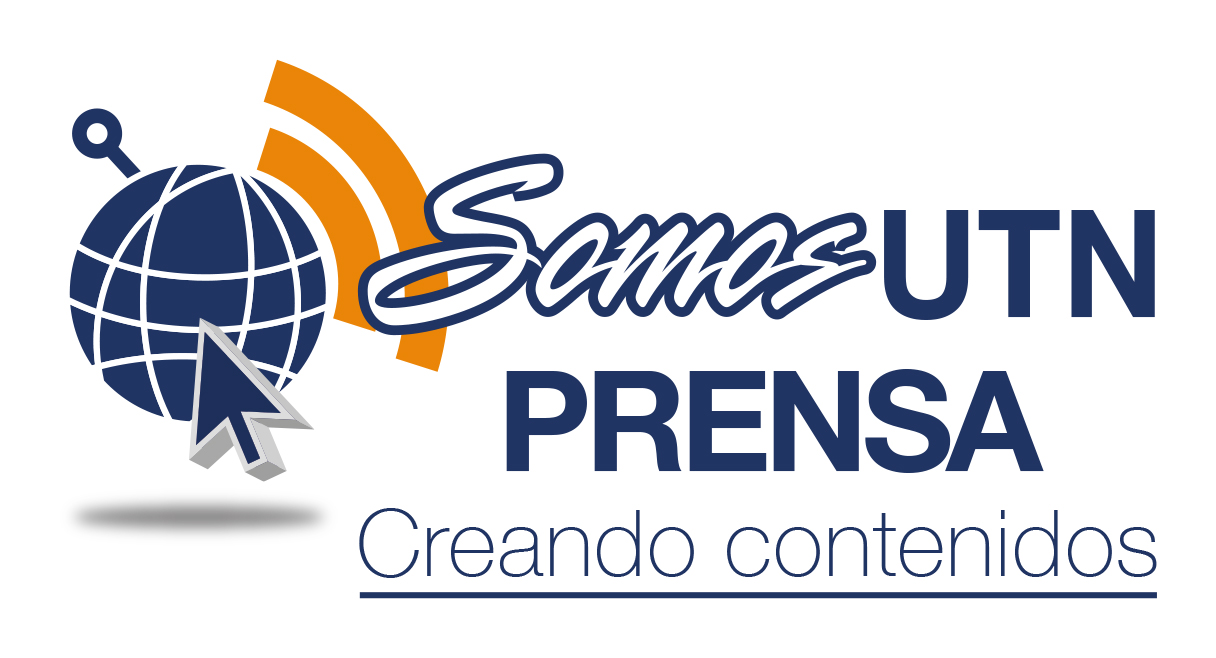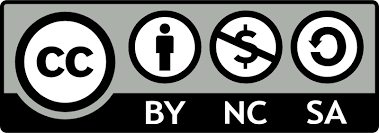About the Journal
The word Arjé, of Greek origin (archê), means principle, origin, or foundation, and has been used throughout the history of philosophical thought to designate that which gives rise or sustains everything that exists. In our journal, Arjé represents the ongoing search for the foundations of knowledge within our thematic areas.
The Revista Académica Arjé belongs to the Pedagogical Training area of the Center for Pedagogical Training and Educational Technology (CFPTE) of the National Technical University of Costa Rica. It is a non-commercial, open-access, diamond academic electronic journal.
Online ISSN: 2215-5538
Thematic Areas
The journal focuses on disseminating research, reflections, and innovative proposals related to the fields of Pedagogy and Technical and Technological Education. This scope includes academic and professional training processes aimed at developing technical competencies, integrating technologies into educational processes, and generating knowledge that responds to the needs of the productive and social sectors, within a humanistic scientific paradigm and a holistic approach.
The main objective of the journal is to promote academic and cultural dissemination through the publication of various types of articles, manuscripts, photographs, and videos that foster a culture of research, engagement, artistic expression, and innovation.
Target Audience
The journal is aimed at researchers, academics, professionals, and students, as well as national and international stakeholders connected to the journal’s thematic areas.
Reader Interactivity Services
Readers may share their opinions on the journal’s publications through the following channels:
-
Follow our Facebook page Revista Académica Arjé and comment on article posts.
-
Visit our blog Un café con Arjé: https://uncafeconarje.com/
-
Create a profile on https://hypothes.is, which allows commenting directly on files. For guidance, we recommend this tutorial: YouTube video.
Types of Publications
Peer-reviewed sections:
-
Research article
-
Academic essay
-
Literature review
-
Extended poster
Outreach
The outreach sections “Talented Footprints” and “Life and Learning Stories: A Biopedagogical Approach”, along with other outreach-oriented sections, will be published on a continuous basis in the blog Un café con Arjé, starting after volume 8, issue 2.
If you wish to submit contributions to the “Huellas talentosas” section, contact: ajporras@utn.ac.cr, aihernandezg@utn.ac.cr. Submissions must be original, and the contributor must sign the publication authorization.
For “Historias de vida y aprendizaje: enfoque biopedagógico,” if you would like to nominate a person for this section, contact our associate editor at krodriguezb@utn.ac.cr
Author Guidelines
Manuscripts may be submitted through the OJS system (Submission link), or by email to: ajporras@utn.ac.cr | aihernandezg@utn.ac.cr
The journal adheres to the APA style, latest edition, for citations and references. Guidance documents are available for each type of manuscript.
Guía para artículos científicos
Guía para revisiones bibliográficas
For submissions to the section Huellas talentosas, manuscripts may be sent by email to: ajporras@utn.ac.cr | aihernandezg@utn.ac.cr
Rejection rate
In 2024, 32% of the manuscripts submitted to Revista Académica Arjé were rejected.
Languages: Spanish, English, and Portuguese.
Publication Frequency
The journal publishes continuously with a semiannual closing. One annual volume includes two issues:
-
January–June
-
July–December
Authorship Requirements
All authors must provide an ORCID. In multi-author works, order reflects contribution level or the authors’ agreement. A corresponding author must be designated.
Digital Preservation Policy
The Arjé Academic Journal has its content backed up on UTN institutional servers, which host and support the Open Journal Systems content management platform, providing security and preservation for the journal. Likewise, all content published in the journal is harvested by the Institutional Repository of the Universidad Técnica Nacional.
In addition, backups are created both on the Google Drive platform and on the computer belonging to the journal. This entire process is updated on a monthly basis.
Finally, in accordance with Costa Rica’s Printing Law (No. 32, July 12, 1902) and the Copyright and Related Rights Law (No. 6683, October 14, 1992, Art. 106), the Revista Académica Arjé carries out the legal deposit of its published volumes and issues in PDF format with the National Library System (SINABI).
Peer Review
The journal uses a single-blind system: reviewers know the author’s identity, but authors do not know reviewers.
Originality Requirement
Submissions must be original and unpublished, accompanied by a signed statement of copyright grant and originality.
Plagiarism Detection Policy
The journal uses Turnitin. Manuscripts with significant uncited identical content will be rejected.
Inclusive Language Policy
Inclusive language is used and encouraged. Authors are referred to national guidelines for inclusive writing.
Interoperability Protocols
The journal applies Dublin Core standards and the OAI-PMH protocol for metadata harvesting and dissemination.
Ethics Code
See our Code of Ethics and Best Practices.
Open Access Policy
The journal adheres to the Budapest Open Access Initiative (2002), providing free, immediate, and unrestricted access to content, with no article processing charges (APCs).
Open License
All articles are published under the Creative Commons Attribution-NonCommercial-ShareAlike 4.0 International License (CC BY-NC-SA 4.0).
This means:
-
Attribution: Authors must be credited, a link to the license included, and changes indicated.
-
NonCommercial: No commercial use is allowed.
-
ShareAlike: Adaptations must be distributed under the same license.
Authors retain moral rights and may reuse, disseminate, or deposit works in repositories, citing the original publication in Revista Académica Arjé.
Copyright: Authors maintain moral rights. By submitting, they grant NTU and the journal a free, worldwide, non-exclusive, indefinite license to edit, reproduce, publish, archive, and disseminate their work, while preserving authors’ ability to reuse elsewhere with proper citation.







